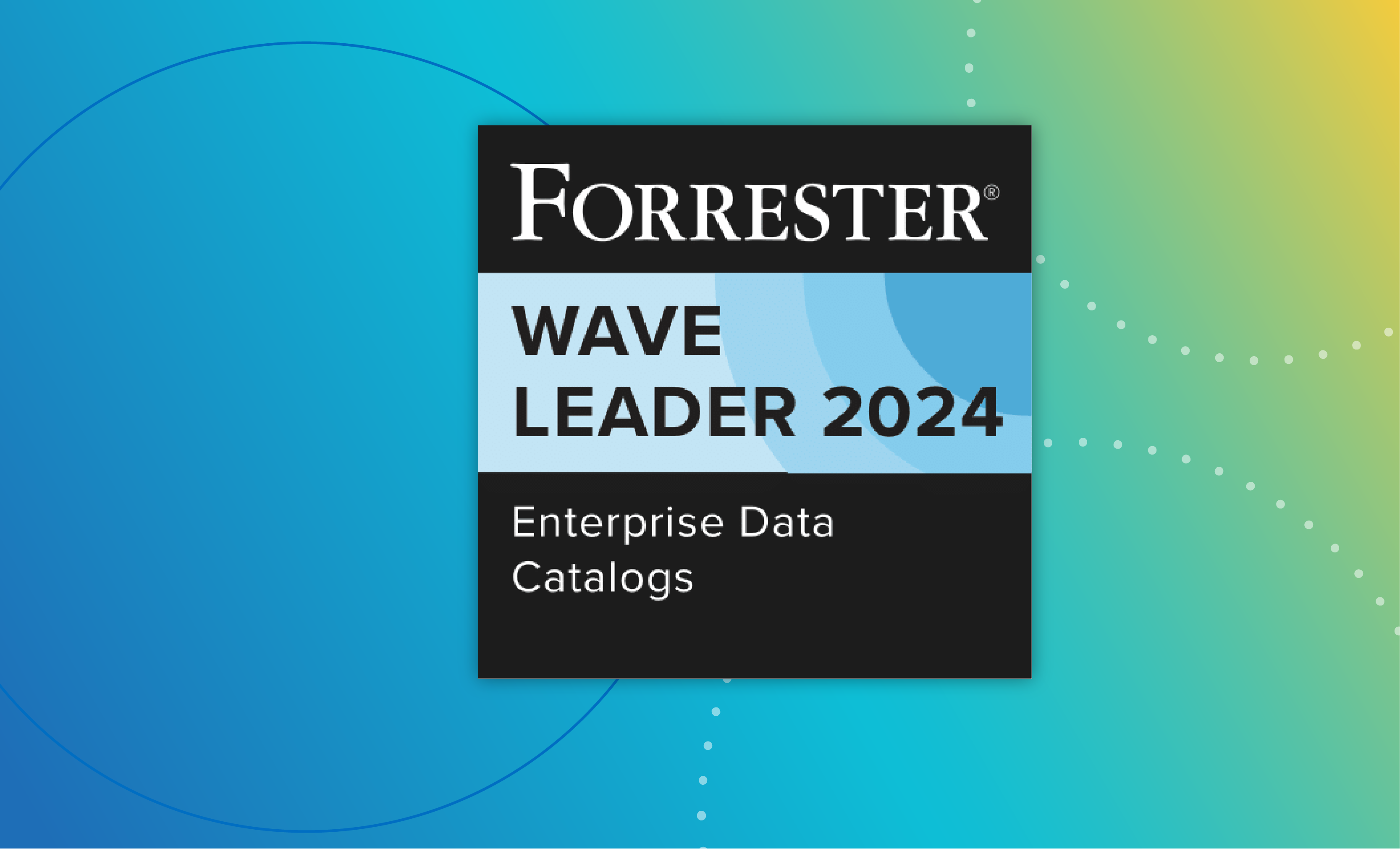Due to the rapid growth and diversity of data sources, a growing number of organizations are turning to data catalogs as their primary tool for data management. A modern data catalog allows business users to better understand, trust, and ultimately, use their data to increase business value. However, not all data catalogs fit into a company’s broader metadata strategy. For example, embedded data catalogs are tactical catalogs, which are use-case specific and tool specific; this can create metadata silos that are difficult to integrate into the broader enterprise metadata landscape. In contrast, Collibra Catalog can be strategically deployed enterprise-wide to fit into the larger data strategy of a company, which enables large enterprises to become truly data-driven organizations.
A Modern Data Catalog
Catalogs that can be strategically deployed such as, Collibra Catalog help companies with simplifying four broad categories of metadata management tasks that are essential for reducing time to insight. The four tasks are:
- Discover
- Understand, enrich and trust
- Contribute and govern
- Consume
Discover
Collibra Catalog helps companies discover their data through a “Google-like” semantic search, which allows business users to search for data assets using business terms. We also provide end-to-end lineage diagrams that show data flows from the originating data source to the end consumption point such as a report. And with Collibra Lineage, our new data lineage feature coming out this month, the creation of trusted lineage will be further simplified by automation and the addition of technical lineage to existing views.
Understand, Enrich and Trust
Collibra Catalog enables companies to understand, enrich and trust their data. Our business glossary allows Data Citizens across an organization to collaboratively agree on the definitions, rules, and policies that define their data. It also helps them manage reviews and approvals. We also offer a guided stewardship feature, which leads data stewards in linking physical data assets to logical assets based on data classification.
Contribute and Govern
Collibra Catalog can also solve the task of contribution and governance. Collibra Catalog is a governed catalog with embedded data governance capabilities. With Collibra Lineage coming out later this month, we are adding another element of governance to our catalog. Collibra Lineage automatically maps relationships between data to show how datasets are sourced, built, aggregated and used. It provides the full context of data so that business users can know where the data comes from, who owns it and whether they can use it, which is an important element for compliance with GDPR and CCPA. Furthermore, Collibra Catalog enables collaboration through a star rating system and the ability to comment on data assets. Collibra also allows data stewards to certify datasets so that business users can trust the data that they use in their analysis.
Consume
Finally, Collibra Catalog helps business users consume their data. Once they discover, trust and understand their data, they need to be able to either consume the data directly or build a report on their findings. Many organizations turn to Tableau for this latter task. Luckily, Collibra Catalog provides direct integrations with BI tools, such as Tableau, that allow users to search for BI reports within the Collibra Catalog. And to make things really easy, when a user clicks on a Tableau report in Collibra, they are taken directly into Tableau where they can continue their analysis.
With the growing demand for a modern data catalog, organizations struggle to find the right data catalog. There are many data catalog options out there that serve various purposes. Thus, it is important to choose the right catalog for your company. Gartner names Collibra Catalog a top solution for assisting with simplifying the four broad categories of metadata management tasks. Collibra Catalog provides a scalable and strategic solution that is enterprise wide. Its many capabilities enable enterprises to find, understand, contribute, govern, and consume data.




